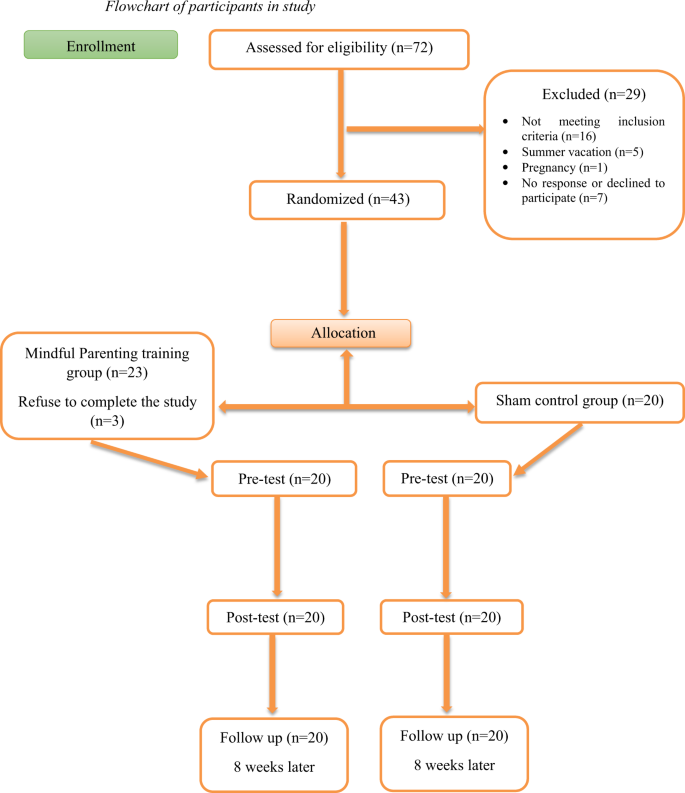Understanding the Roots of Parental Stress
Parenting is a beautiful journey, but let’s be honest, it’s also incredibly demanding. Between work, household chores, and the constant needs of your children, it’s easy to feel overwhelmed. Stress isn’t just an occasional inconvenience; it can significantly impact your well-being and your relationship with your kids. Understanding where this stress stems from – unrealistic expectations, societal pressures, lack of support, financial worries – is the first step towards managing it effectively. Acknowledging these stressors, rather than ignoring them, allows you to approach them with a more compassionate and realistic perspective.
Mindfulness: A Powerful Tool for Calming the Storm
Mindfulness is more than just meditation; it’s about cultivating a present moment awareness. It’s about noticing your thoughts and feelings without judgment, observing them as they arise and pass like clouds in the sky. When you’re stressed, your mind often races, focusing on anxieties about the future or regrets from the past. Mindfulness techniques, such as deep breathing exercises or body scans, help anchor you in the present, reducing the power of those racing thoughts. This sense of grounding is incredibly beneficial when dealing with challenging parenting moments.

Incorporating Mindfulness into Daily Routines
Integrating mindfulness into your daily routine doesn’t require hours of dedicated meditation. Start small. Take a few minutes each morning to simply sit quietly, focusing on your breath. During chaotic moments, pause and take three deep breaths before reacting. Engage fully in activities with your children, focusing on the present interaction instead of worrying about the next task on your to-do list. Even mindful eating – savoring each bite of your meal – can contribute to a calmer, more centered you.
Managing Difficult Moments with Mindfulness
Tantrums, meltdowns, and challenging behaviors are all part of parenting. When these moments arise, it’s easy to react with frustration or anger. Mindfulness offers a different approach. Instead of immediately reacting, take a moment to pause and observe your own emotions. Acknowledge your feelings without judgment – it’s okay to feel frustrated. Then, try to understand your child’s perspective. What might be causing their distress? This mindful response allows you to approach the situation with more empathy and compassion, leading to more effective solutions.
Self-Compassion: Forgiveness and Understanding
Parenting is a continuous learning process. There will be moments you feel you’ve failed, times you react poorly, or days when you simply feel overwhelmed. Self-compassion is crucial in navigating these moments. Treat yourself with the same kindness and understanding you would offer a friend struggling with similar challenges. Forgive yourself for imperfections, acknowledge your efforts, and remember that you’re doing the best you can. This self-acceptance is vital for building resilience and reducing parental stress.
Creating a Mindful Home Environment
Creating a peaceful and calming home environment can significantly contribute to stress reduction for the whole family. Incorporate elements that promote relaxation, such as soft lighting, calming colors, and natural elements like plants. Establish regular family routines and rituals that provide a sense of stability and predictability. Make time for family activities that promote connection and enjoyment, such as games, reading, or outdoor adventures. A mindful home is a haven where everyone can feel safe, secure, and supported.
Seeking Support and Building Community
Remember, you don’t have to navigate the challenges of parenting alone. Seek support from your partner, family members, friends, or a therapist. Connecting with other parents can provide a sense of community and shared understanding. Don’t hesitate to ask for help when you need it – whether it’s with childcare, household tasks, or simply someone to listen. Building a supportive network is essential for maintaining your well-being and reducing the burden of parenting stress.
The Long-Term Benefits of Mindful Parenting
By incorporating mindfulness into your parenting approach, you’re not just reducing stress; you’re cultivating a deeper, more meaningful connection with your children. Mindful parenting fosters empathy, patience, and understanding, leading to stronger family bonds. Children of mindful parents often exhibit improved emotional regulation, resilience, and overall well-being. The benefits of mindful parenting extend far beyond stress reduction; it’s an investment in your family’s happiness and well-being for years to come. Please click here for information about mindful parenting training.
